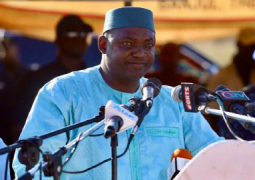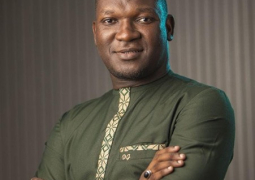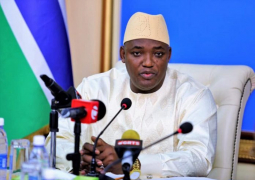The dialogue was meant to see how both the private sector and GCCI could strategise and put in place remedies regarding the current situation for their growth. The dialogue attracted more than forty-five fisherfolks and was supported by the United Nations Food and Agriculture Organisation (FAO).
At the event, Dr. Mustapha Ceesay Assistant FAO representative, acknowledged the important role played by fisherfolks in The Gambia’s socio-economic development.
The fisheries sector, he added employs close to half of the total labour force and is a main source of livelihood for both urban rural populations.Dr. Ceesay also acknowledged the economic potential of the fisheries sector in terms of export earning, food security and nutrition, as well as its contribution to improved livelihoods for both rural and urban populations.
In spite of the enormous potentials of the fisheries sector, Dr. Ceesay maintained that the sector faces numerous challenges resulting
from the impacts of climate change.
He cited that climate change threatens the livelihoods of fisherfolks.
"There is a decrease in catches from captured fisheries, which is the main source of protein for the Gambian population and a pillar of sustainable diet as well as food and nutrition security especially for vulnerable populations."
Dr. Ceesay thus informed participants that FAO and the Fisheries Ministry and NAM are executing the first Global Climate Fund project on fisheries.
The project, he added, is supporting vulnerable and poor fishing communities on how to build resilience to climate change and to diversify livelihoods through technology improvement, climate-resilient infrastructure development, and diversification of local food systems, with emphasis on artisanal fisheries.
He observed that as a result of this endeavor, it becomes a necessity to promote dialogue and understanding between the artisanal operators and policymakers.





